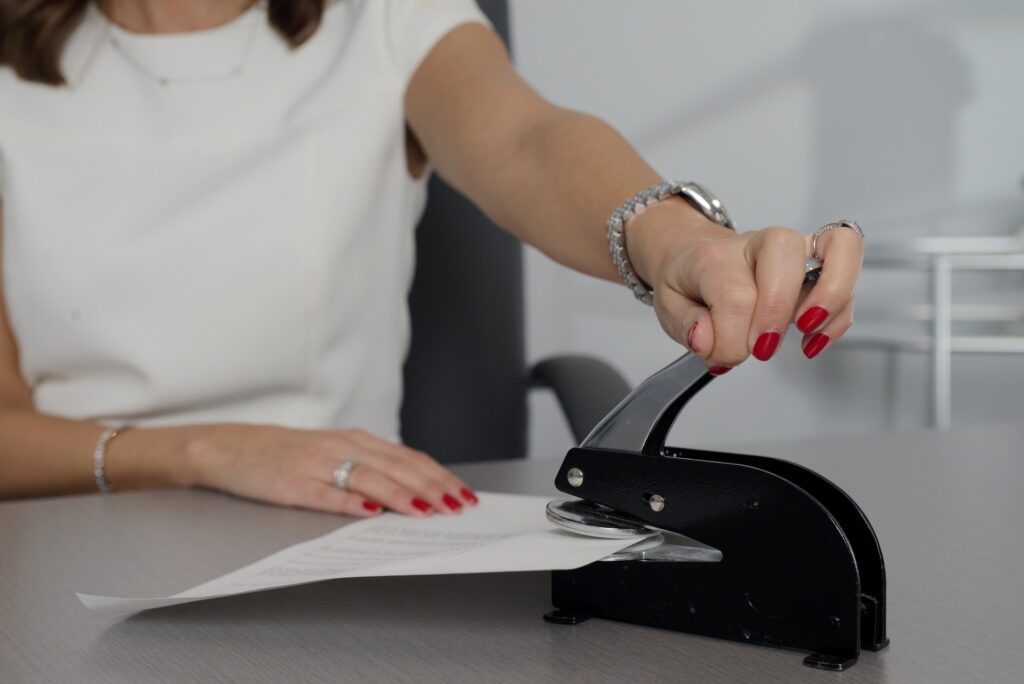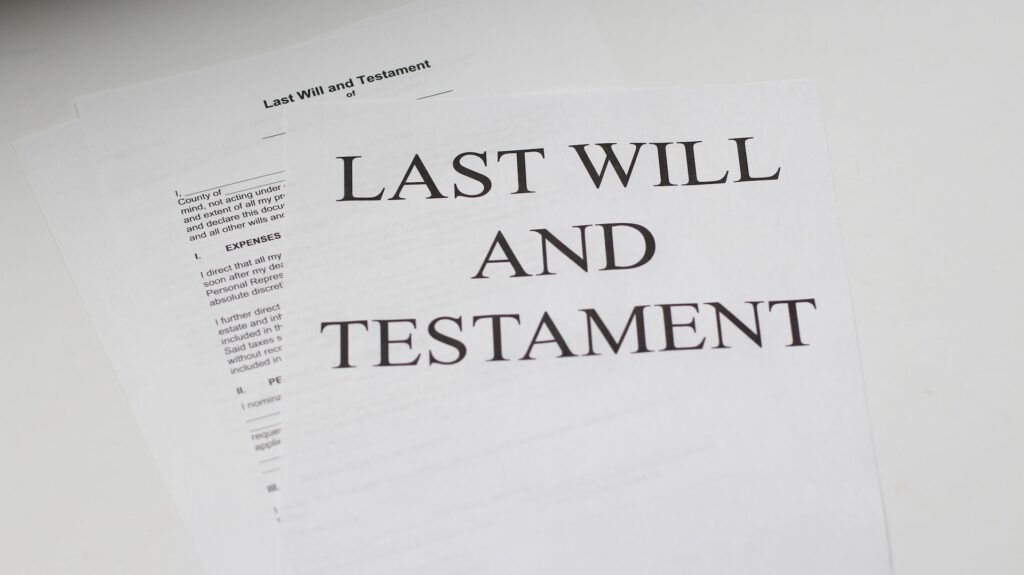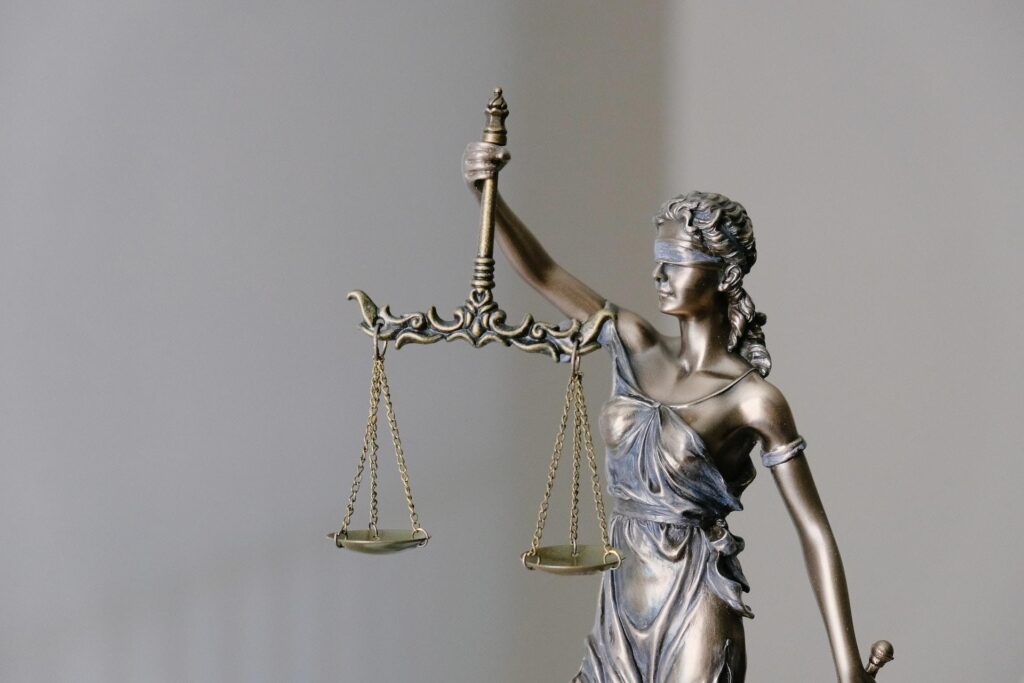A Notary public is an essential figure when it comes to the authenticity and trust of legal documentation. They serve as an impartial witness, ensuring that the signing of documents is both genuine and voluntary. For centuries, Notaries Public have been safeguarding transactions, lending credibility to critical documents, and providing peace of mind in legal processes. You could be signing a mortgage, verifying a power of attorney, or finalizing an important business deal – their role ensures that your documents have the weight and legitimacy they need. But, despite their importance, notaries public and their roles are still shrouded in mystery and misconceptions. Let’s demystify this public official by first defining who they are.
Definition of a Notary Public
A Notary Public is an official appointed by the state government to perform specific official acts, primarily related to the authentication of important documents. Their primary role is to witness and verify the signatures, administer oaths, and ensure that individuals sign documents knowingly and willingly.
While the duties of notaries public may seem similar to those of civil law notaries, their functions in the U.S. are more limited. For you, utilizing notary public services means adding an extra layer of verification and credibility when getting your documents notarized. In essence, they play a crucial role in making sure important identity or transactional documents are both genuine and legally binding.
Brief History and Origin of Notaries Public
The history of the Notary Public dates back thousands of years. The origins can be traced to ancient Roman times when public officials, termed “notarius,” would record facts, judgments, and official statements. Such documents were held in high regard, with the notarial act performed by these notaries being viewed as a reliable form of evidence, especially in matters of dispute.
Fast forward a few centuries, and the role of the Notary Public evolved. By the Middle Ages in Europe, the title was often reserved for highly trained scribes who could draft official documents, address form and content discrepancies, and even provide legal advice. Their work, akin to that of a modern-day court clerk, offered an additional layer of trustworthiness to such documents.
However, as you may realize, today’s commissioned notaries in many countries, especially in common law systems like the U.S., do not typically provide legal advice. Their primary function remains to verify the identity of the person making a statement or signing a document and to ensure the act is done willingly. This is essential in situations where following statement discrepancies, non-payment issues, or other disputes might arise, offering an impartial testimony to the event.
What are The Roles and Responsibilities of a Notary Public?
To further demystify the office of a notary public, let’s look at their core roles and responsibilities:
Authenticating Signatures
When you get a document notarized, one primary role of a notary is to authenticate the signatures on that document. The notary identifies the signer, usually through a valid form of identification such as a driver’s license or valid passport, and then witnesses the signing. This notarial act provides assurance that the signer is who they claim to be.
Administering Oaths and Affirmations
One common misconception is that notaries only verify signatures. However, they are also responsible for administering oaths and affirmations. When you need to swear or affirm the truth of a statement or document, a public notary is the professional to seek.
Taking Affidavits and Statutory Declarations
If you’ve ever dealt with statutory declarations or affidavits, you’ll understand the importance of having them properly executed. A Notary Public can verify these documents, ensuring that the person making the statement has done so genuinely and understands its implications.
Preventing Fraud
The presence and oversight of notaries deter fraud. By ensuring that signers are aware of the contents of a document and are not being coerced, they uphold the document’s integrity. This vigilance is especially critical in transactions involving substantial assets or rights.
Preparing and Certifying Acknowledgments
When you’re dealing with foreign countries or cross-border transactions, having a notary certifying acknowledgments can be invaluable. This ensures that the document’s execution meets the standards of both local and foreign drafts.
Safekeeping Notary Supplies
Every notary is responsible for the safekeeping of their notary supplies, such as their stamp, seal, and notarial certificates. Misuse or theft of these items can lead to misrepresentation or fraud, so they must be kept secure.
Maintaining Impartiality
A cornerstone of a notary’s integrity appointed by the secretary of state or county clerk is impartiality. Notaries must not have a personal interest in the documents they are notarizing, ensuring they remain impartial witnesses throughout.
Providing Notarial Certificates
Once a notarial act has been performed, notaries must provide a notarial certificate. This confirms that the notary has verified the identity of the signer and has followed the necessary protocols.
Keeping Updated with State Regulations
Notary commissions and the rights to perform notarial acts are often conferred by the state. Therefore, it is crucial for a notary to stay updated with any changes in the regulations and requirements set forth by the secretary of state or county clerk.
Ensuring No Conflicts of Interest
As emphasized earlier, maintaining a position of trust means ensuring no conflicts of interest. Notaries, unlike common law notaries, must always ensure they don’t have a personal stake in the documents they notarize.
By understanding these roles and responsibilities, you can better appreciate the vital function that notaries play in both domestic and international legal processes. Their presence serves as a bedrock of trust and integrity, ensuring that your legal dealings are both genuine and above board.
What Documents Require Notarization?
Notarization is typically not a legal requirement, but just in case you are involved in a legal dispute, notarizing your documents might be crucial. Let’s look at some of the common documents where notarization can play an essential role.
Wills and Testaments
Should you ever decide to draft a will, it’s vital to ensure its authenticity. By getting it notarized, you’re taking a step to verify that you, the signer, were a willing participant in its creation. This adds an additional layer of protection against potential claims of fraud or coercion.
Powers of Attorney
A power of attorney grants another person the authority to act on your behalf in specific situations. Given its significance, notarization is crucial. The notary ensures that the person signing the power of attorney does so willingly and understands its implications.
Real Estate Deeds and Other Conveyances
When dealing with real estate transactions, documents such as deeds need to be notarized. The notarization process guarantees that the signer is the true identity mentioned in the document, providing assurance to all parties involved.
Affidavits and Statutory Declarations
Whether you’re taking affidavits or making statutory declarations, these documents often require a notary. Notaries confirm that you are the person mentioned in the document and that you sign it without any external pressure.
Contracts and Agreements
In business and personal dealings, contracts or agreements, especially those of significant value or importance, might need notarization. This step ensures that all parties are who they say they are, and that they willingly agree to the document’s terms.
Oath of Office
When public officials or individuals in specific professions take an oath of office, this oath may need to be notarized. The notary will ensure the person taking the oath understands and commits to their duties and responsibilities.
Identification Documents
In some cases, a copy of an identification card or document with personal details like physical description or even sexual orientation may need to be notarized to confirm its authenticity for various purposes.
Notary Public Commission Application
Ironically, even the process of becoming a notary requires notarization! When you’re going through the commissioning process, which often includes a training course and meeting eligibility requirements, your application to become a public official might need to be notarized. This process varies by jurisdiction, but the notarized document confirms your commitment to the office.
The Importance of Notarial Services
Authentication of Identity
One of the essential functions of notarial acts is to verify the identity of the parties involved. When a notary identifies you via a driver’s license, valid passport, or any other credible identification, it helps to confirm that the document is being signed by the appropriate individuals, thus ensuring its legality and validity.
Prevention of Fraud
Notaries deter fraud by serving as impartial witnesses during the signing of important documents. By closely scrutinizing the identification of signers and being on the lookout for signs of coercion or forgery, notaries uphold the integrity appointed to them by state governments or county clerks.
Legal Validity in Foreign Jurisdictions
If you’re dealing with foreign countries, notarization can be vital. The role of a notary in certifying acknowledgments is often recognized internationally, making transactions or legal processes across borders smoother and more credible. This is true for both common law notaries and civil law notaries.
Witnessing Oaths and Affirmations
The act of administering oaths or affirmations is another responsibility of a notary public. This role ensures that statutory declarations or oaths are administered correctly and legally, which can be crucial in court cases or other legal proceedings.
Independent and Impartial Witnessing
One of the fundamental roles of a notary is to act as an impartial witness. This means that they have no personal interest in the document being signed, offering an extra layer of objectivity and integrity in the transaction.
Maintenance of Public Record
Notaries public are often required to keep detailed records of the notarial acts they perform. These can be inspected by the secretary of state or county clerk who issued their notary commission, thus providing a level of public accountability.
Provides Legal Credibility
When a notarial certificate is issued after a notarial act, it lends additional legal credibility to the document. This is vital in situations where the legality or authenticity of a document might be called into question.
Simplifies Judicial Processes
Having a document notarized can simplify judicial processes by establishing the genuineness of the relevant documents. This can be especially beneficial in situations involving litigation or other legal disputes.
Summary
It is important to understand your responsibilities when it comes to legal or professional disputes. Notary services ensure their legitimacy and verifiability and therefore make any dispute related to them comparatively easier to manage.
Established in 1985, D&R Legal Process Service, LLC., is a family-run company committed to serving residents of California. We strive to offer you rapid, reliable, and ethical legal services at competitive prices. All our process servers are registered, bonded, and equipped with up-to-date knowledge of evolving legal regulations, ensuring impeccable quality when serving you. If you are having problems with process serving, enforcing judgment, and court filing, contact D&R Legal Process Service, LLC today. Our legal team will be glad to assist you.
7 Frequently Asked Questions about Notarizing Documents
1. What is a notary public?
A notary public is a licensed official appointed by state government authorities to witness the signing of official documents, administer oaths, and perform other official acts. Their primary role is to deter fraud by ensuring that signers of documents are who they claim to be.
2. How does a public notary verify the identity of the signer?
A public notary typically verifies a signer’s identity using government-issued identification, such as a driver’s license or passport. This ensures that the person signing the document is indeed the individual they claim to be.
3. Are all notaries public authorized to perform all official acts?
While most notaries public can perform many official acts, the specific powers and limitations of a notary can vary depending on the regulations set by the state government. It’s always a good idea to inquire about a notary’s specific powers before seeking their services.
4. Can a notary public provide legal advice or draft legal documents?
No, a notary public is not an attorney. While they play a crucial role in the verification process of documents, they are not qualified to provide legal advice or draft legal documents unless they also possess a separate license to practice law.
5. Can a notary public notarize their own documents or those of immediate family members?
In many jurisdictions, notaries are discouraged or outright prohibited from notarizing their own documents or those of immediate family members to ensure impartiality. It’s always advisable to consult local regulations or seek a third-party notary in such cases.
6. What is the difference between a notary public and powers of attorney?
While both involve matters of authorization, they serve different functions. A notary public verifies the authenticity of signatures and documents. On the other hand, power of attorney is a legal document that grants one individual (the attorney) the authority to act on behalf of another (the signer) in specific matters.
7. Do notaries public maintain a permanent office for their services?
Many notaries public have a fixed office where they conduct their services. However, some notaries might also offer mobile services, traveling to clients for added convenience. It’s always a good idea to check with individual notaries about their operating methods and locations.












